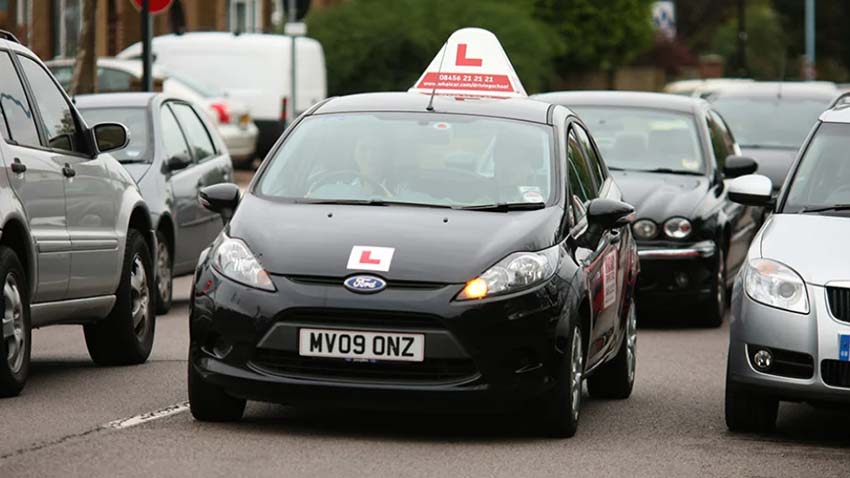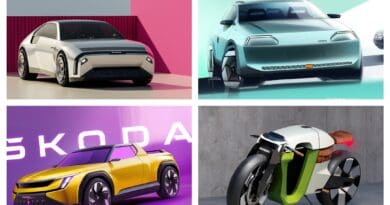
Learner drivers shift to automatics as EV future drives demand
The UK’s learner drivers are increasingly opting to take their driving lessons in automatic cars, as the transition to electric vehicles (EVs) accelerates ahead of the 2030 ban on the sale of new petrol and diesel cars.
Driving instructors across the country report a steady rise in students choosing automatic lessons, as the next generation of drivers prepare for a future where manual transmissions may become a rarity.
According to the AA, nearly 17% of driving tests in 2022/23 were taken in automatic vehicles—a figure predicted to rise to 26% by 2025/26. With more EVs hitting UK roads each month, which are by default automatic, that trend is only expected to continue.
“People are starting to think a little bit more about the future and asking, ‘Do I really need a manual licence?’” said Mark Born, head of the AA’s Driving Instructor Training Academy.
Born added that as more instructors move to newer, often electric or hybrid models, students may soon have limited access to manual training altogether.
Mike Nunn, a 52-year-old driving instructor in Lincoln, said he had once felt “like the odd one out” for teaching in an automatic car, but that’s changed dramatically in recent years.
“My students know the shift is going on,” said Nunn, who now teaches in an electric Mini. “They’re aware of the changes and understand it will only pick up in pace.”
He added that he had seen a significant uptick in the number of learners actively seeking automatic lessons. “For many people, it’s like—this is the way things are going. Everything is going automatic. All the hybrids are automatic.”
The current UK system still distinguishes between licences: those who pass in an automatic car receive a Category B Auto licence, which limits them to driving automatic vehicles. A manual test is required for a full Category B licence.
However, some instructors believe this distinction may not be around for much longer.
Kev Lynes, a 48-year-old instructor teaching in Lincoln and Sleaford, said it may be time to phase out the two-tier system entirely.
“There’s certainly a big chunk of people who just look at the future and think it’s not going to be that long before all cars are automatic,” he said. “I’ve had people tell me they’ve visited car showrooms, and every vehicle is either a hybrid, electric, or automatic.”
As manufacturers increasingly focus on battery-powered and hybrid vehicles to meet net-zero targets, the traditional manual gearbox is rapidly falling out of favour. This is shifting the learning landscape for new drivers and the instructors who train them.
The UK government has committed to ending the sale of new petrol and diesel vehicles by 2030, with a further target of phasing out all new non-zero-emission vehicles by 2035. This policy shift is reshaping everything from consumer buying decisions to driver training.
“We’re seeing a generational shift,” said Born. “Instructors want newer, cleaner cars, and for many that means making the move to electric—and therefore automatic—vehicles.”
With industry bodies predicting a rapid surge in electric vehicle ownership over the next five years, automatic cars are increasingly seen as the smart, future-ready option for learners.
And while the manual gearbox remains a fixture for now, it may soon become a historical footnote for a new generation of motorists raised in the electric era.





